Electrical Components
Electrical Components Sector
Manufacturing electrical components in Lesotho will drive down production costs for South African firms and open wider global markets including the USA and EU.
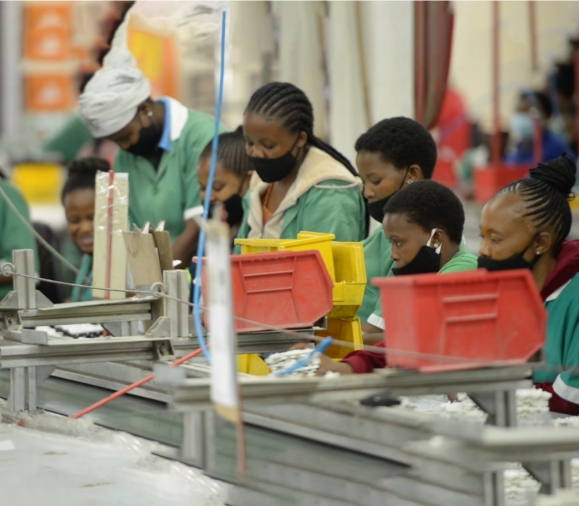
Introduction
Lesotho enjoys tariff free access to South Africa as well as major global markets thanks to preferential trade agreements.
With a competitive and trainable English-speaking workforce and excellent road connections with South Africa, Lesotho is a profitable location for the manufacture.
of a wide range of electrical components, especially switches, relays, fuses, surge suppressors, plugs, sockets, lamp-holders and other connectors and junction boxes.
Strengths &
Opportunities
Lesotho has abundant labour with a deserved reputation for manual dexterity. The labour force is predominantly young.
meaning that the workforce is trainable. 90% speak English. The majority of the population resides in the lowlands with access to the South African road network. Lesotho has relatively harmonious labour relations.
In the Lesotho manufacturing sector, wage rates are 20% of those in the South African sector, making this a highly
competitive location for South African OEMs looking to drive down production costs. The LNDC rents fully serviced factory shells in industrial estates located near population centres including Maseru.
Lesotho offers a wide range of attractive incentives to companies setting up manufacturing operations.
Including:
- A manufacturing corporate tax rate of 10% on profits for intra-SACU trade.
- No withholding tax on dividends distributed by manufacturing firms to local or foreign shareholders.
- No advanced corporation taxes are paid by companies on the distribution of manufacturing profits.
- Training costs are allowable at 125% for tax purposes.
- Payments made in respect of external management skills and royalties related to manufacturing operations are subject to withholding tax of 10%.
- Easy repatriation of manufacturing profits.
- A VAT rate of 15 (ensuring harmonisation with South Africa).
The project aligns with SDGs 1, 8, 9 and 10
Strengths &
Opportunities
As a member of SADC/SACU, Lesotho
already enjoys tariff free access to these
markets.
TARIFF-FREE ACCESS FOR
to the US market under the African Growth and Opportunity Act (AGOA). In practice it only exports a small fraction of these product lines. AGOA eligible products include electrical components.
As a Less Developed Country, Lesotho benefits from preferential market access to the EU under the EU/SACU EPA; EFTA; MERCOSUR; and to a wide range of countries under the Generalised System of Preferences (GSP), including China.
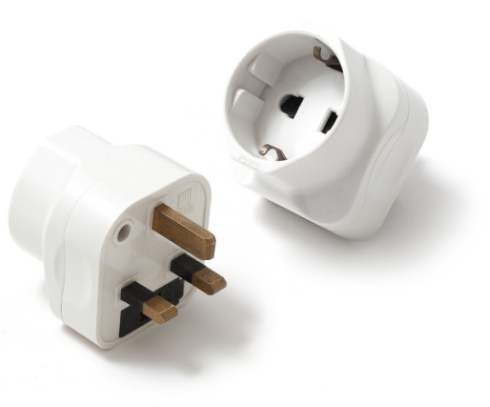
These agreements give Lesotho an important comparative advantage in relation to more developed exporters.
Lesotho’s access to both regional and North American markets is well established in terms of logistics. The external road connections via South Africa are excellent. Access to the port of Durban for Lesotho made products is straightforward. Shipments from Lesotho take from 18 to 23 days to reach a US port.
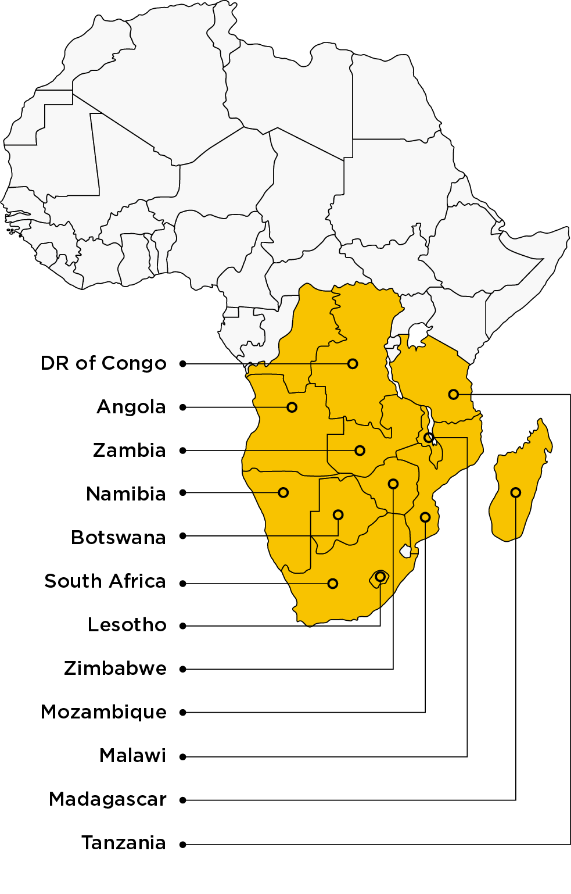
Project Assumptions
Lesotho’s membership of SADC and SACU allows Lesotho to export deciduous fruit to SADC countries without being subject to quotas or tariffs. The estimated market size is 300 million consumers. Lesotho’s geographical position and good road connections with South Africa permit short lead times and reasonable costs to transport produce from the Maseru area to Johannesburg, Cape Town and Durban (the port of dispatch for exports by sea). Lesotho has already trialled the export of fruit to South Africa to supply supermarket chains, with encouraging results.

Project Assumptions
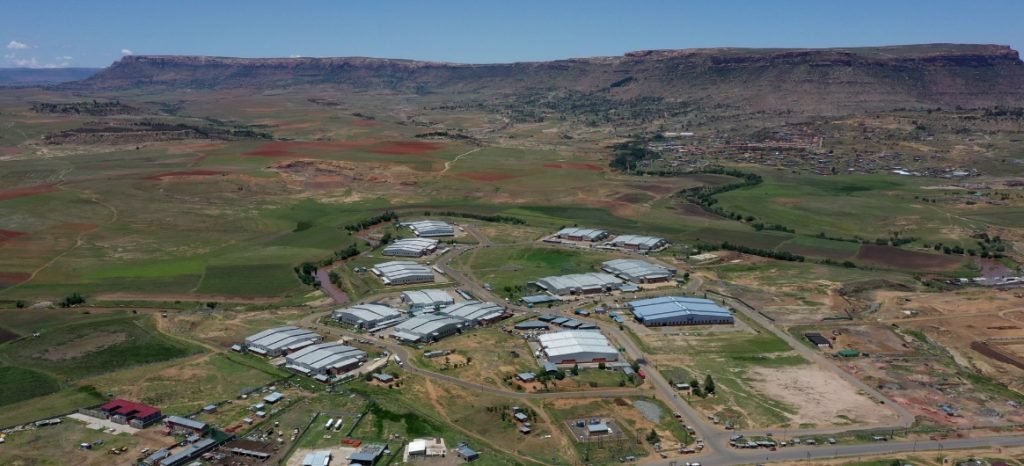
Fiscal Incentives
Corporate tax: 10% on profits from sales of agricultural goods produced in Lesotho Training: Cost of Lesotho citizens allowable at 125% for tax purposes
Withholding tax:
- 10% on service contracts with non-residents
- 25% on dividends distributed from income by resident companies to non-resident shareholders
- No withholding tax on dividends distributed to Lesotho residents
VAT:
- 15% on goods and services sold in Lesotho
- 0% on direct exports
Risk guarantees:
- Partial credit guarantee through the LNDC
- Tailor-made, agriculture-specific loan through the Post Bank of Lesotho
Specific incentives for the horticulture sector:
- Access to a Sesotho language technical training manual for local workers in on-farm and crop management
- Access to demonstration and crop pilot plots
- Facilitation support to identify and mobilize village level farmer engagement
- Access to technical data on historical crop performance
Support from the LNDC includes:
- Serviced industrial and commercial sites at competitive rentals
- Provision of industrial and commercial buildings at competitive rentals
- Financial assistance on a selective basis
- Investment facilitation services
- Assistance with permits and licenses
- Assistance with company registration
- Assistance with industrial relations issues
- Appraisal of investment projects
- Assistance with preparation of project briefs for the Environment Impact Assessment (EIA) Certification
The project would align with SDGs 1, 2, 8, 9, 10 and 15.
Financial Analysis
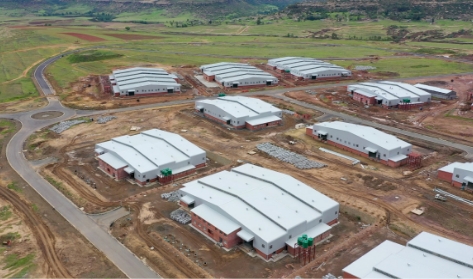
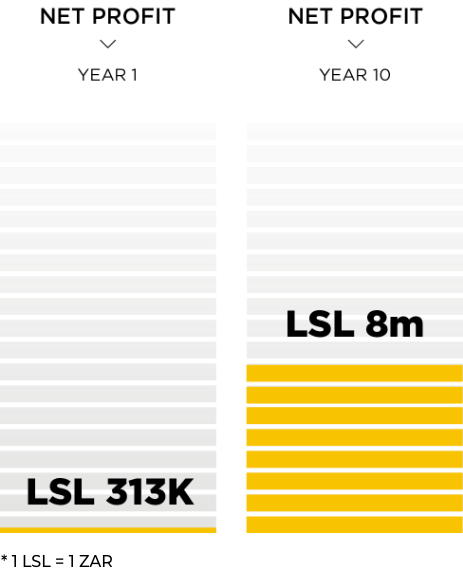
Financial Analysis
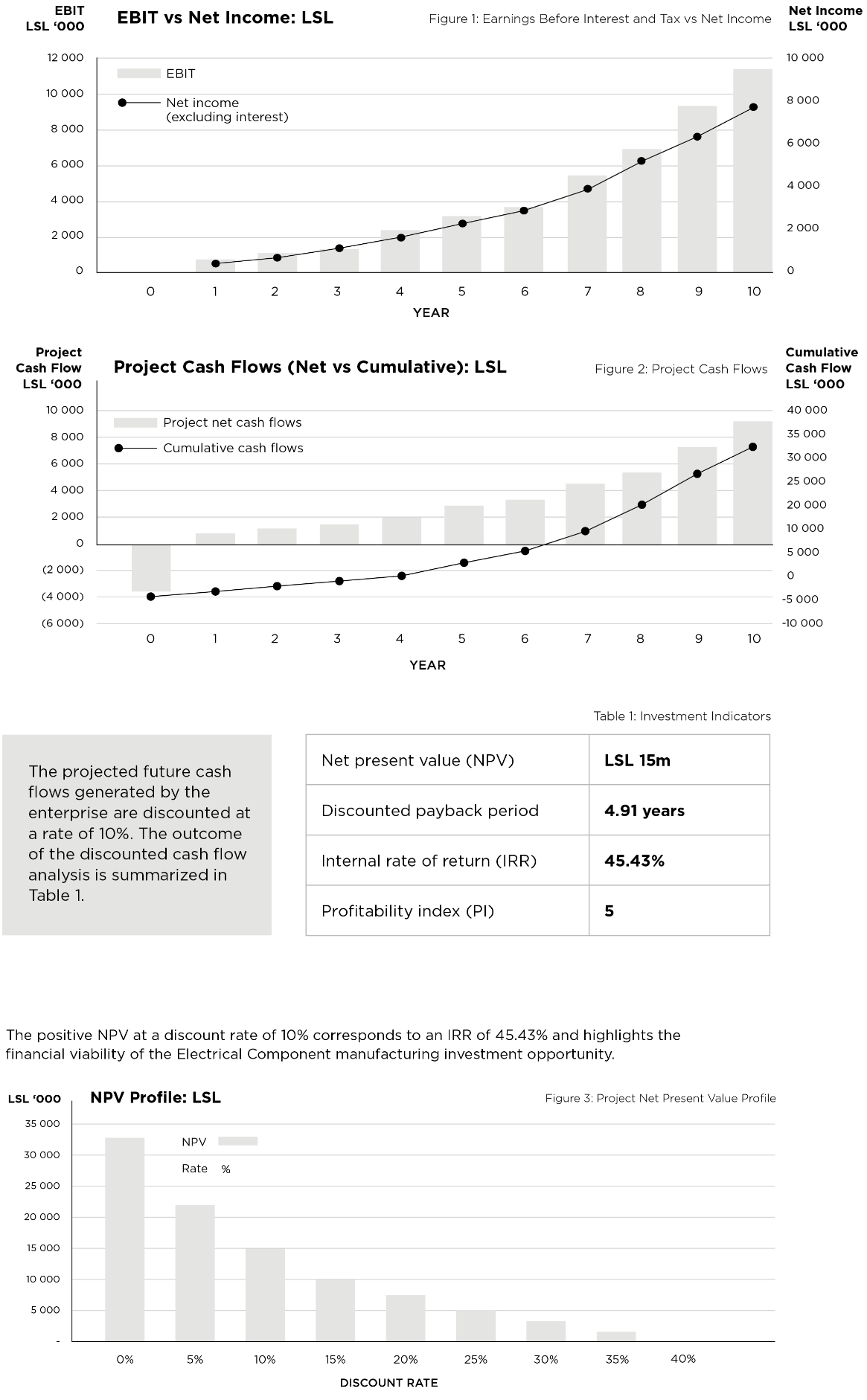
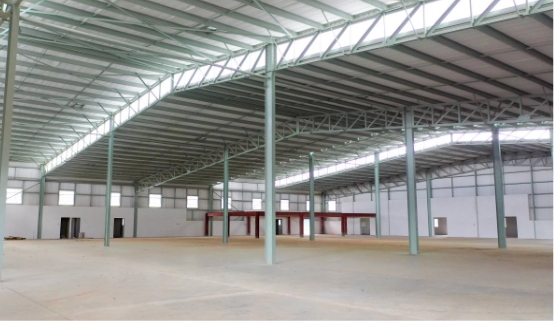
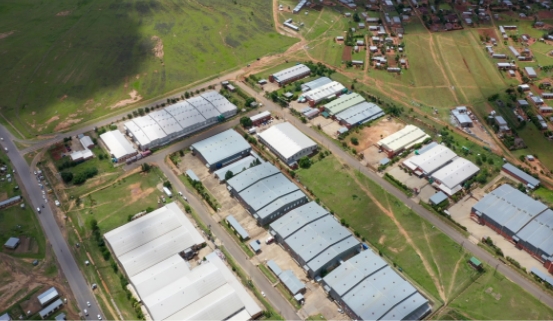
The financial analysis of the Electrical Components investment opportunity is computed over a ten-year period. Revenue and expenditure projections are in line with industry growth prospects and market potential and have been informed by and benchmarked against industry standards and norms. In addition, assumptions relating to inflation: depreciation and salvage value: and company tax have been worked out based on the existing laws and directives of the country. The figures above represent high level estimates as of January 2021 and are not derived from a full feasibility study. Investors are advised to conduct their own due diligence. The project assumes that the investor will have a viable business case that is driven by international client demand or Lesotho based business sector demand
For more information please contact:
MS. PHOMOTSO MAJODINA
General Manager (a.i)
Investment and Trade Promotion Unit
Lesotho National Development Corporation
Email: [email protected]
MS. MABATAUNG TSINYANE
Manager: Investment Promotion, Manufacturing
Lesotho National Development Corporation
Email: [email protected]
MS. MAKOPANO MOSAKENG
Officer: Investment Promotion, Manufacturing
Lesotho National Development Corporation
Email: [email protected]
MR. TSEPISO MOFOLO
Officer: Investment Promotion, Manufacturing
Lesotho National Development Corporation
Email: [email protected]
